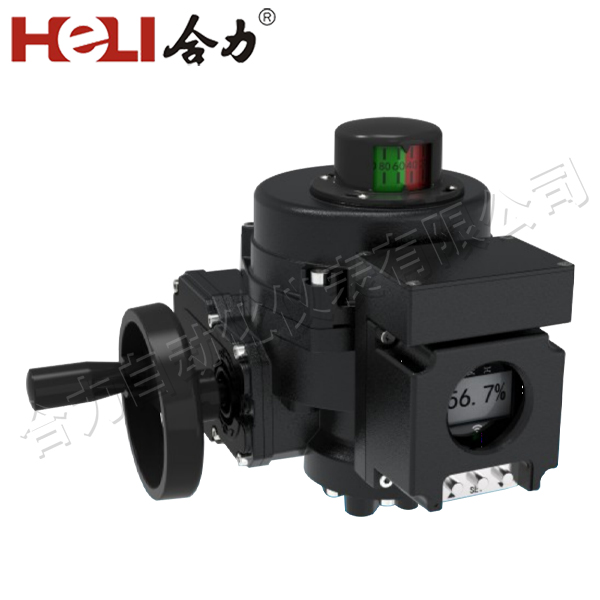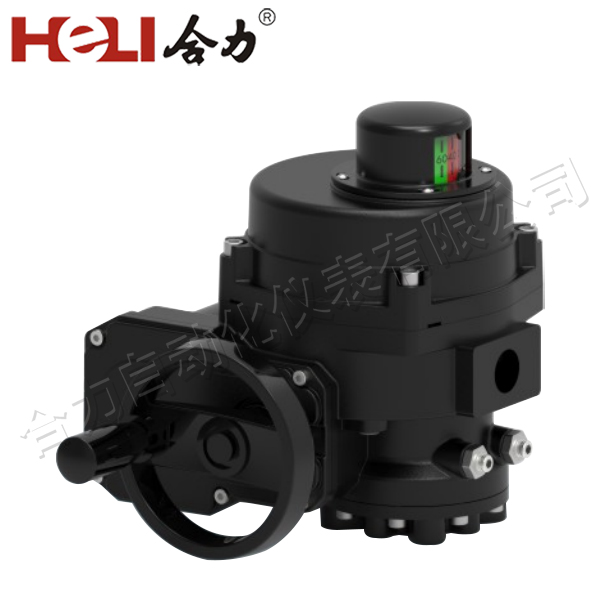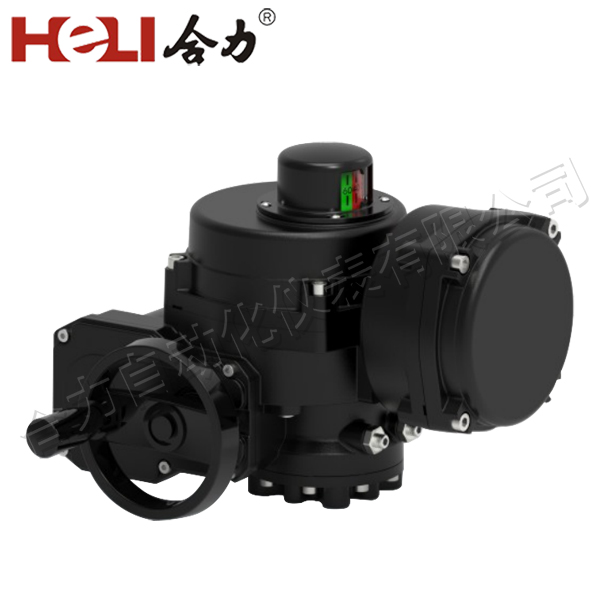
In recent years, the push for sustainable and renewable energy sources has gained unprecedented momentum. Among these, hydrogen energy stands out as a versatile and clean alternative, particularly when integrated into electric actuators. Hydrogen energy electric actuators represent a significant advancement in the realm of automation and control systems, offering a pathway towards reducing carbon footprints and enhancing energy efficiency.

Hydrogen energy is recognized for its high energy density and its only byproduct when used in fuel cells is water, making it an environmentally friendly choice. This energy can be harnessed through various means, including electrolysis, which splits water into hydrogen and oxygen using electricity. When this hydrogen is used to power electric actuators, the system can operate without generating harmful emissions, aligning with global sustainability goals.

